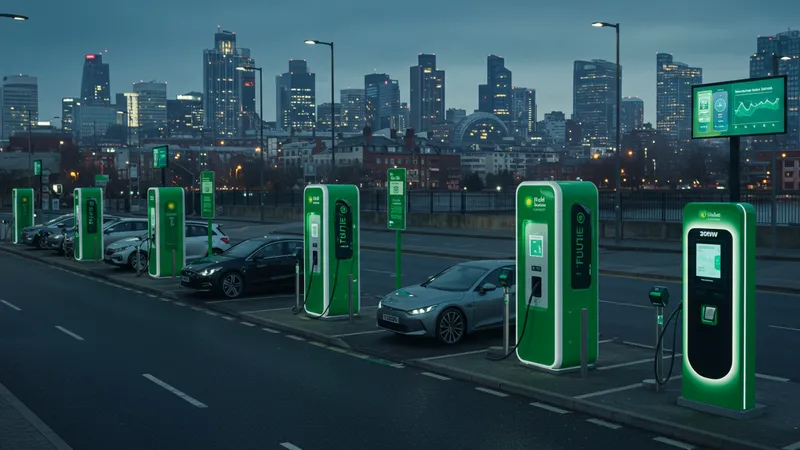
Charging Stations : Insights And Solutions
Charging Stations: Insights and Solutions — Technical Innovations and User Features
Cutting-edge technical improvements shape the charging station landscape, enhancing performance and user experience in the UK. Pod Point recently introduced software updates that enable dynamic load balancing, helping to manage local grid constraints and distribute electricity more efficiently. This feature is vital in dense urban areas, where power demand surges during peak hours. Such smart technology ensures stations remain operational while reducing the risk of grid overloads.

BP Pulse has invested heavily in ultra-rapid charging technology, with new installations supporting up to 150kW or even 300kW. These advances make it possible for the latest EV models to gain hundreds of miles of range in under half an hour, which is particularly significant for long-haul drivers and fleets. The company’s mobile app provides real-time availability, charger status, and remote activation—streamlining both route planning and actual charging stops.
Octopus Electroverse’s strongest innovation lies in its interoperability. The integrated platform works across various hardware brands and charging networks, letting users start a session with a single RFID card or app. Features like route planning, charger ratings, and live status updates further reduce uncertainties, supporting both local journeys and cross-country travel within the UK.
Industry-wide, features such as automated fault reporting, 24/7 customer support, and app-based loyalty rewards are gradually becoming standard. These enhancements respond directly to user feedback, illustrating the UK market’s shift from pure infrastructure buildout toward holistic, customer-centric service models. The following section will explore the regulatory frameworks and policy solutions accelerating further improvements.